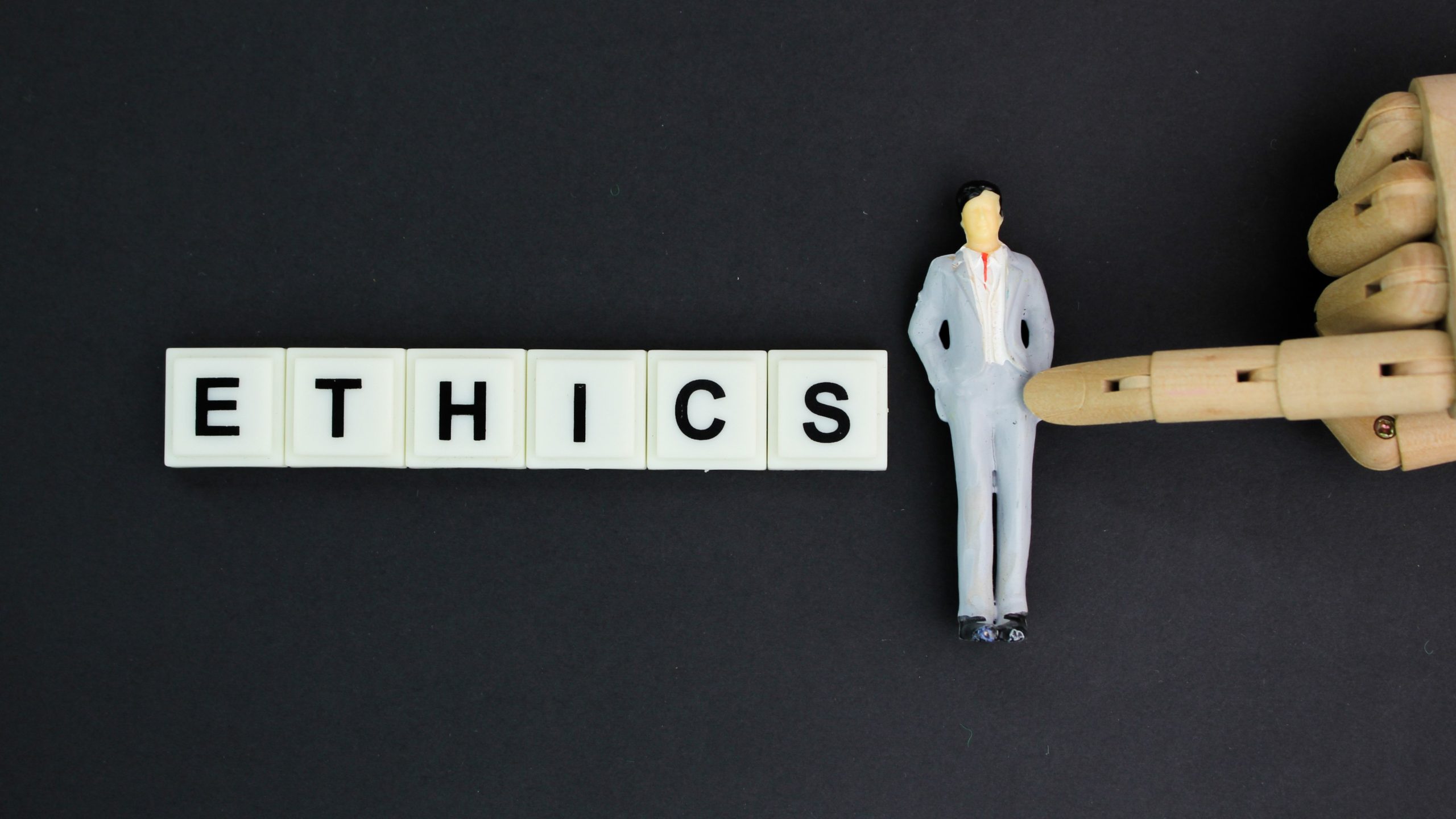One needs personal integrity to be able to act in an ethical manner. More often than not, situations which require ethical judgement are the hardest to identify, manage or mitigate.
The principles of ethics can be taught but ethical behaviour can only be developed over time, and provided there is the desire to do the right thing from the very beginning. It helps to have strict guidelines initially but at the end of the day, the consequences and repercussions of a strict ethics-oriented decision can sometimes be hard to live with. There is always the possibility that the wrong decision was made, but the ones with the worst consequences may be avoided if careful thought is given to defining the dilemma accurately (or as accurately as possible), given the constraints at that moment in time.
Hard decisions are usually the province of the Board to make, supported by senior management. But they need to take other perspectives into consideration, and view the problem from various angles. They also need to put themselves in the shoes of those who are or will be affected, which is not always the easiest thing to do. Compassion and empathy are difficult to reconcile with the dispassionate, objective approach that decision-making oftentimes requires.
Decision-making will be helped if the supporting circumstances are known, i.e. how the events or situation occurred to begin with. It is extremely difficult for decisions at any level not to be influenced to some extent by personal opinion – which invariably includes the imposition of personal values and ethics on the decision-making process. Sometimes conflict arises because personal integrity, which drives personal ethics, is not aligned with corporate behaviour. There may be instances where one is expected to behave in the interests of the organisation where one is employed, but this may compromise personal ethics.
What does one do then? Where ethics is concerned, making a decision is never easy; decisions are fraught with conflicting views and uncertainty. The decision-maker’s dilemma is often whether to be loyal to the organisation, or to be true to themselves. If they are lucky, these two elements will happily intersect, but there are some hard questions which must be asked when they contradict
Another aspect to examine is the intention behind the decision. Did it hinge primarily on organisational interest or self-interest? If the decision benefits the decision-maker, the question of conflict of interest immediately arises. The greatest challenge in situations like this is that in business, commercial or financial success tends to supercede the need for ethical behaviour. The bottom line is usually more important than upholding the right values, and those who decide in favour of ethics and values often find that they’ve backed the wrong horse.
Faced with this ethical dilemma, yet pressed for the need to display good corporate governance, what should companies do? They should look for employees with high levels of personal integrity – and this should extend all the way up to the Board room. The ideal person will believe that personal ethics can drive corporate ethics, and is willing to make it happen. He/she will have to uphold core values like respect for human dignity and basic rights, and believe that being a good corporate citizen will benefit society and country. Above all, he/she has to have the strength to do the right thing, even if no one is watching.


























